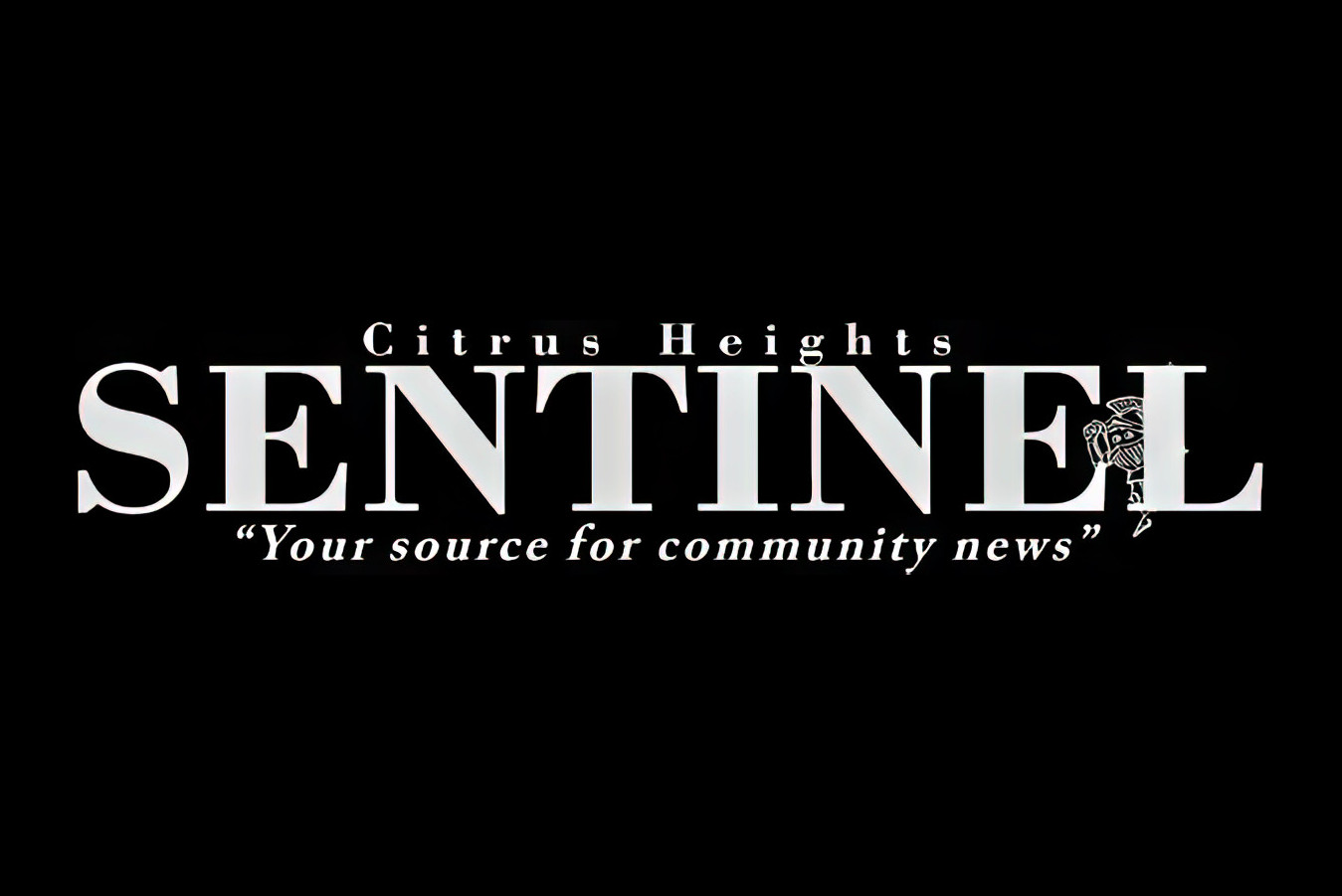Marcel Weiland

Albert Fox appointed to fill vacant seat on Citrus Heights city council
In 2005, Citrus Heights resident Albert Fox applied to fill a vacancy on the city council, but didn’t get appointed. More than a decade later, he applied again and was appointed on Friday to fill the vacancy left…

Letters to the Editor: Mel Turner’s passing, appointing replacement
Latest letters from the community reflect on former Councilman Mel Turner’s life and also discuss who his replacement on the council will be. Submit your own letter by clicking here. Mel Turner was one-of-a-kind and will be missed–…

Citrus Heights News Briefs: MOB, vacancies, development, Hawaiian food
Latest local news briefs include an update on the medical office building project on Greenback Lane, a new Hawaiian Cafe on Auburn Boulevard, controversy over a planning commission appointment, and an update on Watt Communities’ proposed 261-unit development.…
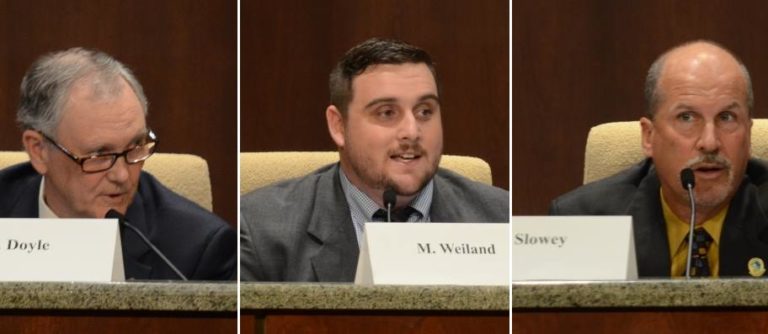
Campaign funding: who’s backing the top 3 candidates in Citrus Heights
Latest campaign finance disclosures filed on Oct. 27 show three candidates far outpacing the rest in the race for two seats on the Citrus Heights city council. Reporting more than $17,000 in contributions, Vice Mayor Jeff Slowey maintained…

Schaefer, Daniels unite in opposition to Measure B & new city hall expense
In a pair of news releases sent out by each campaign Saturday night, city council candidates Bret Daniels and Tim Schaefer announced mutual endorsements of one another and said they are united in opposition to tax increases and…
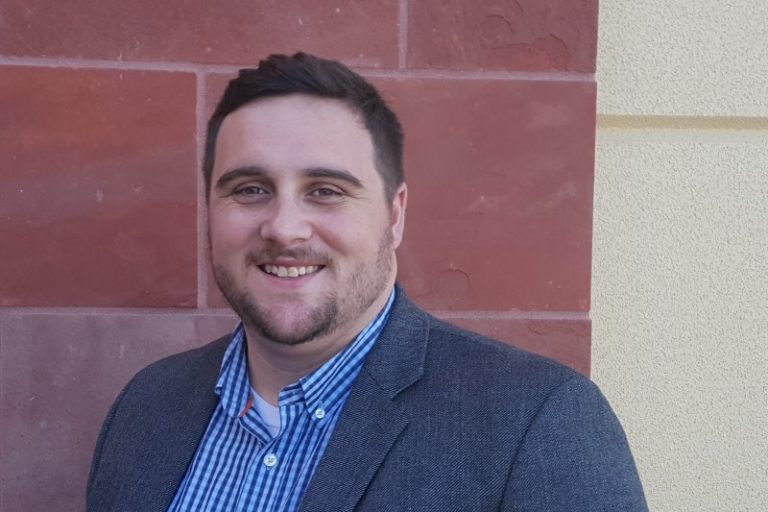
Marcel Weiland on the issues, in his own words
Marcel Weiland, 26, grew up in Citrus Heights, worked in the state capitol, and earned a degree in political science from Santa Clara University. He currently works as director of institutional alliances at Riskalyze, a financial tech company…

Citrus Heights city council candidates on the issues, in their own words
In the interest of providing voter information and fair election coverage, The Sentinel has given all eight Citrus Heights city council candidates an equal opportunity to submit written statements on a variety of local issues. Seven of the…
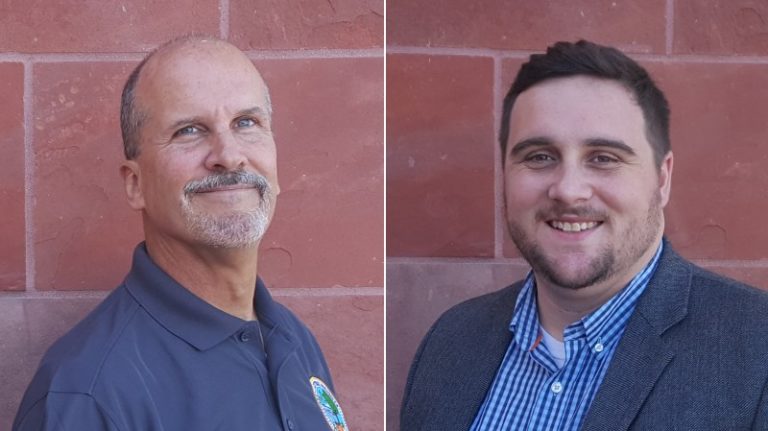
Citrus Heights Chamber PAC endorses Weiland, Slowey for city council
The Citrus Heights Chamber of Commerce PAC announced its sought-after endorsement in the local city council race on Friday, naming Vice Mayor Jeff Slowey along with Marcel Weiland as “the best choices to maintain the success of Citrus…
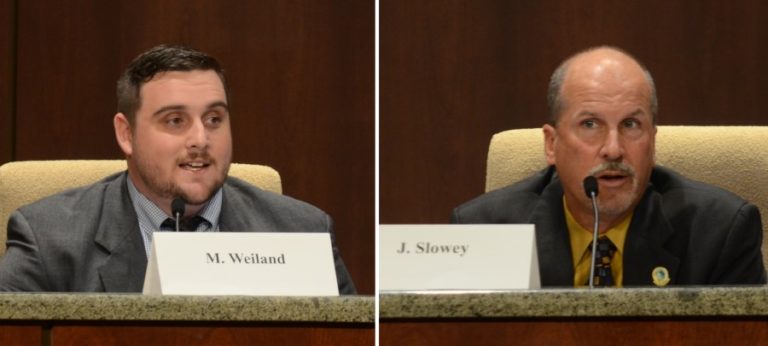
Slowey, Weiland dominate funding in latest Citrus Heights council election filings
Latest campaign finance disclosures show incumbent Jeff Slowey and newcomer Marcel Weiland far outpacing the remaining candidates vying for two seats on the Citrus Heights city council. Five of the eight candidates in the council race submitted disclosures…

Likely voters list 4 top candidates after Citrus Heights council forum
A survey of likely voters who attended a Monday-night Citrus Heights city council candidate forum narrowed a field of eight candidates down to four — with attendees notably naming the youngest candidate in the room among their top…



